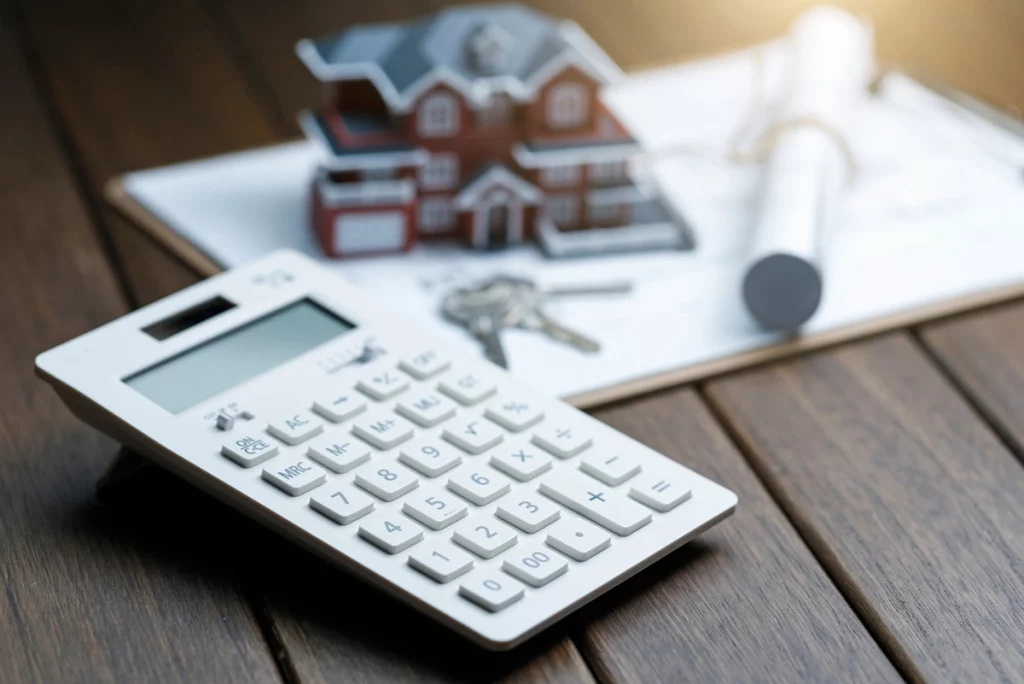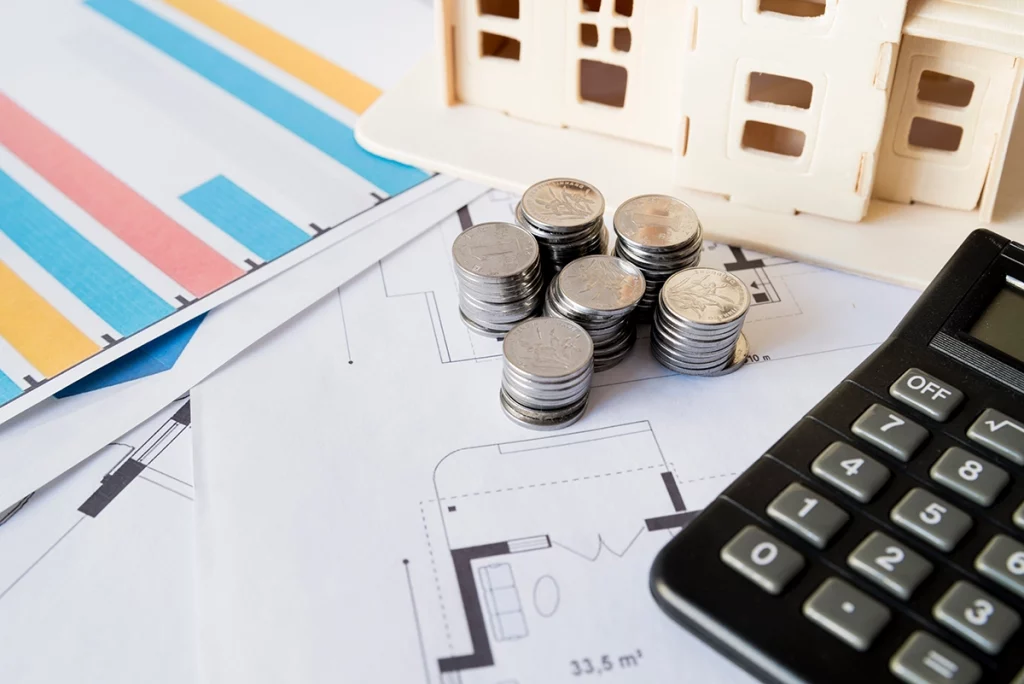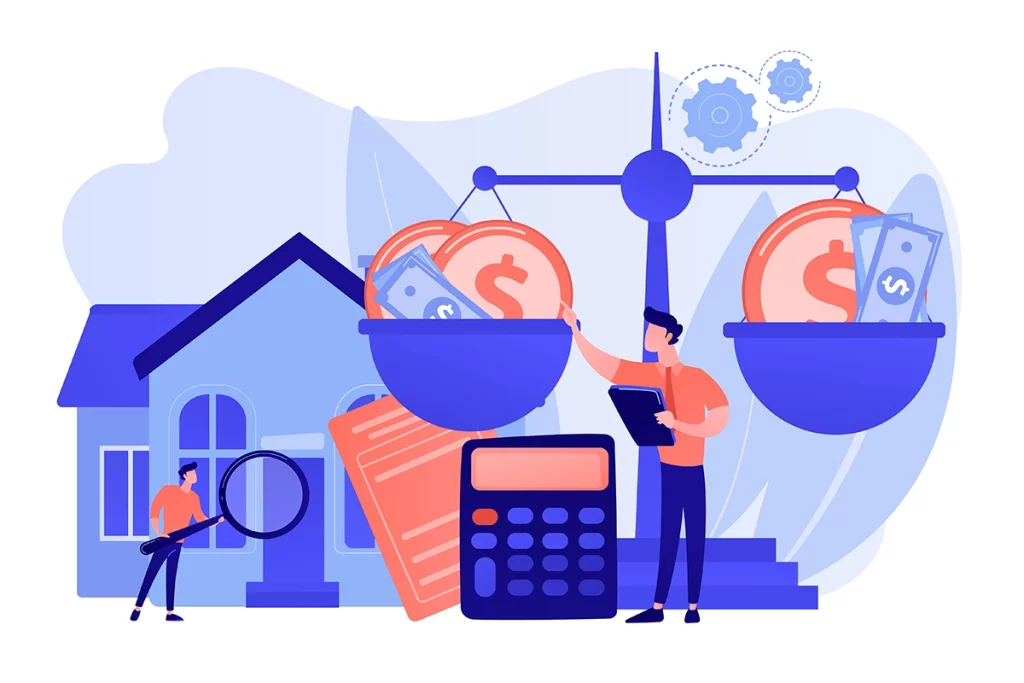Construction projects are a complex process requiring careful planning and execution to ensure success. One of the critical aspects of construction is managing costs. Two types of costs are involved in a construction project: project costs and construction costs.
These two terms are often used interchangeably, leading to confusion. However, understanding the differences between the two is crucial to understanding who is responsible for different scopes of work. In this article, we’ll explore the meaning of project costs and construction costs, their components, and how they affect the owner’s overall project budget.
What are project costs vs construction costs in construction?
Project costs refer to the expenses associated with the overall project, including planning, design, permits, inspections, and other related costs. These costs are incurred in all phases of work, from design to beyond the Certificate of Occupancy. On the other hand, construction costs are the expenses related to the physical construction of the project, including labor, materials, equipment, and other costs directly related to the construction process.
The primary difference is that the project costs are all costs associated with the construction of a building paid by the owner. Construction costs are the costs incurred by the general contractor to construct the building. Construction costs are a portion of the project costs.
Project Costs:
As stated above, project costs are all of the costs associated with constructing a building incurred by the owner ie the cost of the entire project. These costs start from day one of the project and continue until completion. They include both hard costs and soft costs.
Some examples of project costs include purchasing of the site, site clearing, installing a temporary driveway, surveys, design fees, etc. This might all be performed before a general contractor steps foot on the site.
It also includes all of the construction costs that are carried by the general contractor. It’s often easier to think of this as one cost since the GC will have their own breakdown.
Other project costs might be incurred after the GC is done, or finishing, their work. For example, you may hire a landscaper under a separate contract that than of the GC.
Construction Costs:
Construction costs are the costs associated with the physical construction of the project but include any costs that fall under the general contractor’s responsibility. Not only does it include the costs of construction, like framing, roofing, or finishes, it also includes the GC’s overhead and profit, allowances, contingencies, permits, etc.
It’s important to understand what costs are covered by the general contractor and what fall under the owner’s responsibility. This should all be spelled out in the contract prior to any work being done.
How to track project costs and construction costs
Trying to track all of the the costs associated with construction can be overwhelming! I’ve developed a budget spreadsheet to help you with this process.
Cover image: Image by xb100 on Freepik





Thank you for the articles i clearly understand about the project cost and construction cost.